Wildfires bring devastating property damage and loss of life, but the health consequences for survivors can be equally concerning, even if less immediately visible. Smoke inhalation, specifically exposure to fine particulate matter (PM2.5), poses significant risks. These microscopic particles can irritate the sinuses, leading to inflammation and other respiratory issues.
Pulmonologist Dr. Gustavo Ferrer explains that inhaling wildfire smoke can irritate the lining of the sinuses, causing inflammation. This inflammation can manifest as various symptoms, signaling that the body's defenses are overwhelmed.
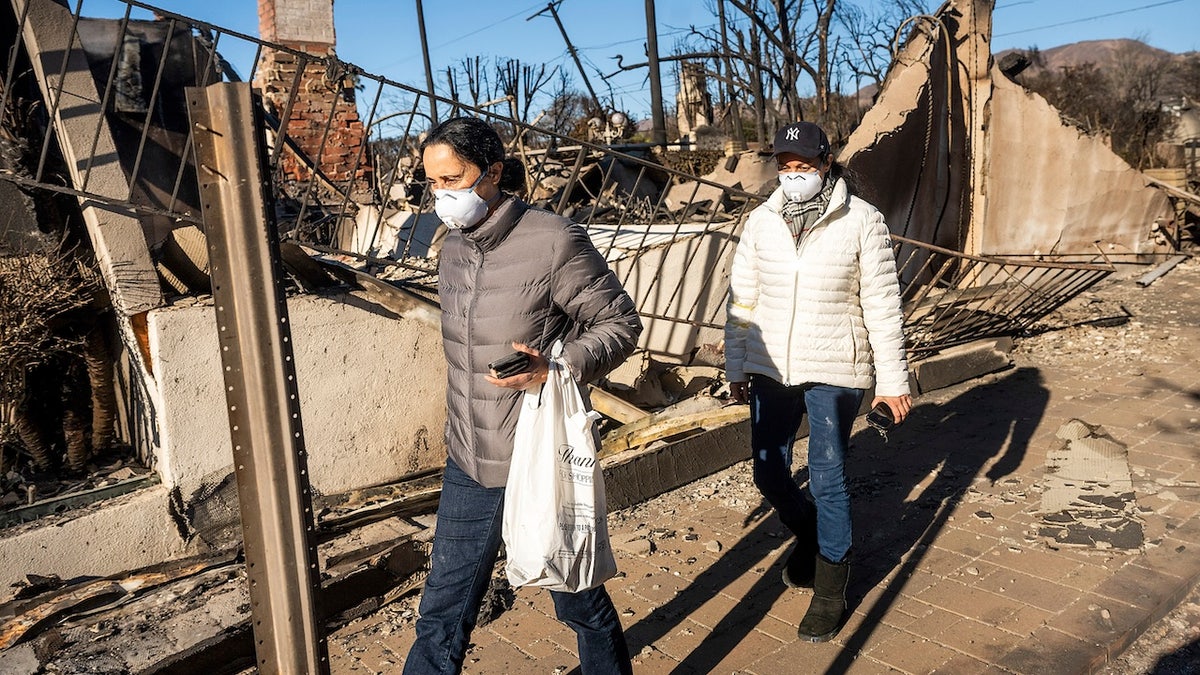
Exposure to wildfire smoke can lead to a range of health problems, from burning eyes and sore throat to more serious issues like aggravated asthma, bronchitis, and even heart attacks or strokes due to reduced oxygen intake. Dr. Austin Perlmutter adds that the smoke can penetrate lung tissue and enter the bloodstream, potentially impacting various organ systems.
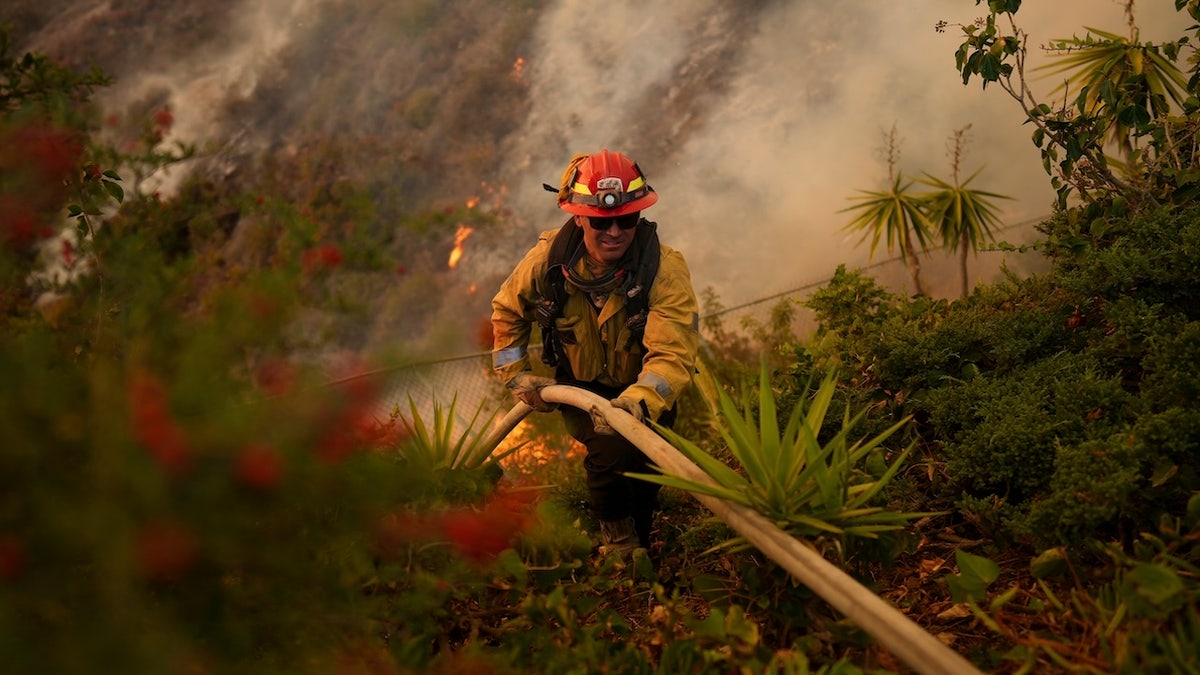
Vulnerable groups, such as those with pre-existing heart and lung conditions, infants, young children, and older adults, face heightened risks. Beyond physical health, wildfires also take a toll on mental well-being, causing anxiety, sleep disturbances, and other psychological distress.
To mitigate these risks, experts recommend several protective measures:
- Nasal Hygiene: Regularly cleanse nasal passages with saline spray to remove particulate matter.
- Optimize Indoor Air: Stay indoors with windows closed during high smoke levels, use HEPA filters, and avoid indoor pollutants like candles and smoke.
- Relocation: If possible, temporarily relocate to a safer area until air quality improves.
- Mask Use: Wear a well-fitting N95 mask when outdoors to filter smoke particles. Cloth masks and dust masks offer inadequate protection.
- Air Quality Monitoring: Regularly check the Air Quality Index (AQI) and avoid outdoor activities when levels are unhealthy.
- Avoid Burned Areas: Stay away from recently burned areas due to the risk of exposure to harmful chemicals and lingering smoke.
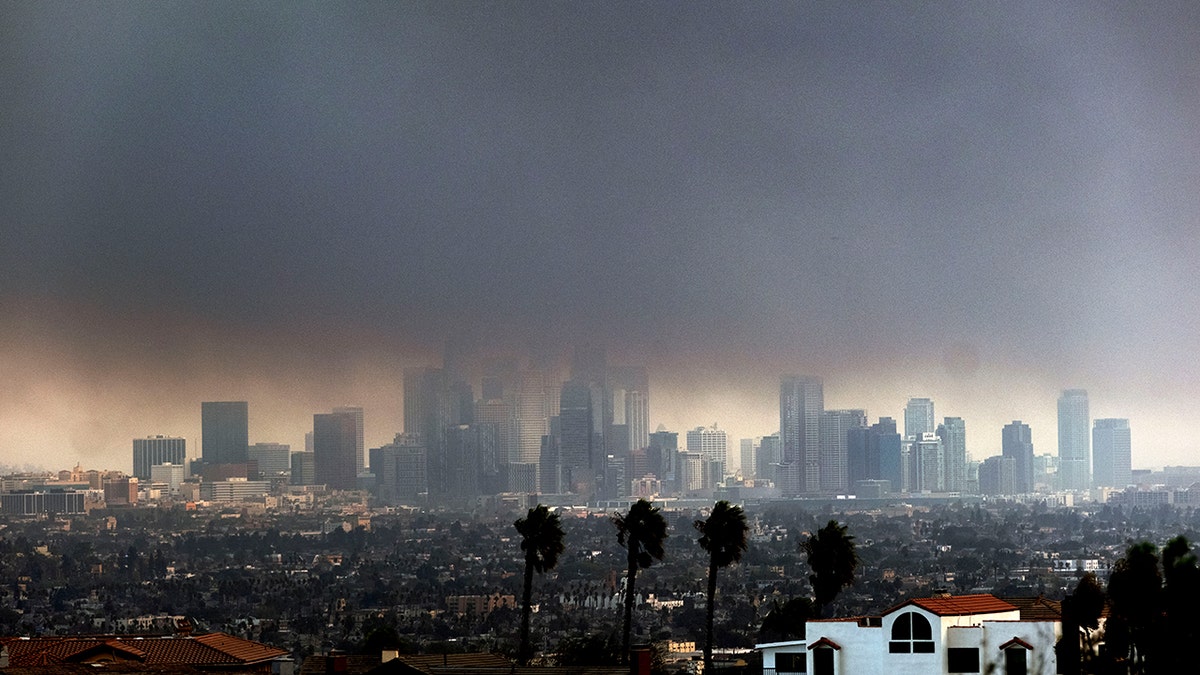
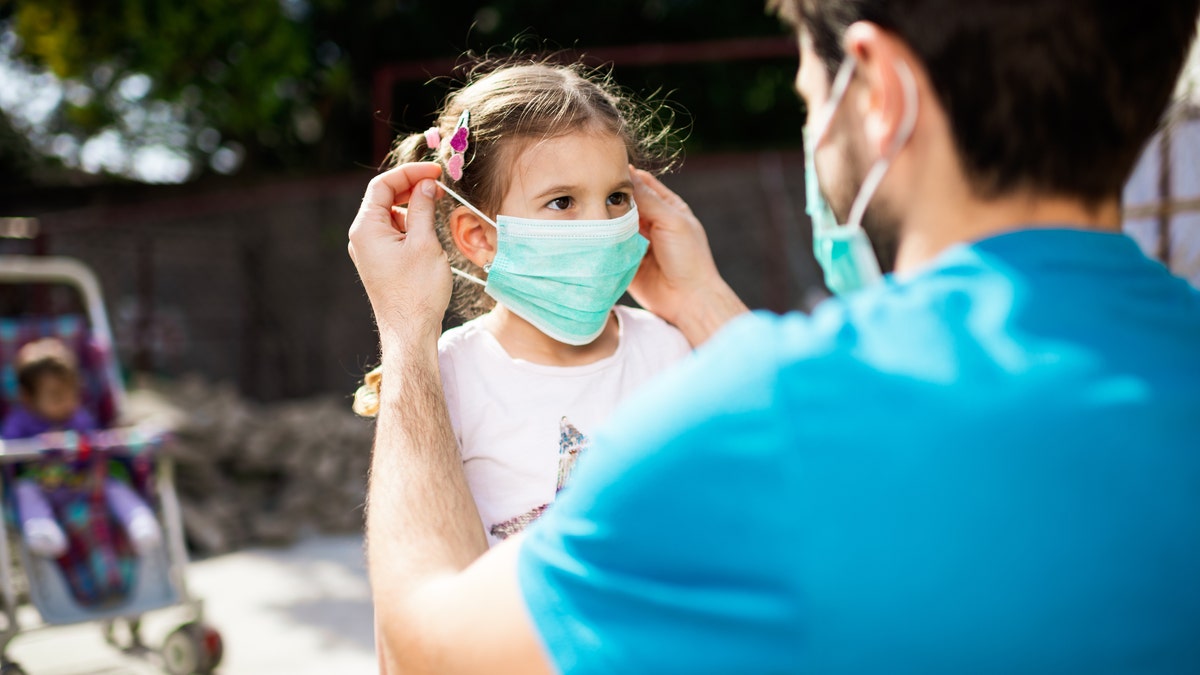
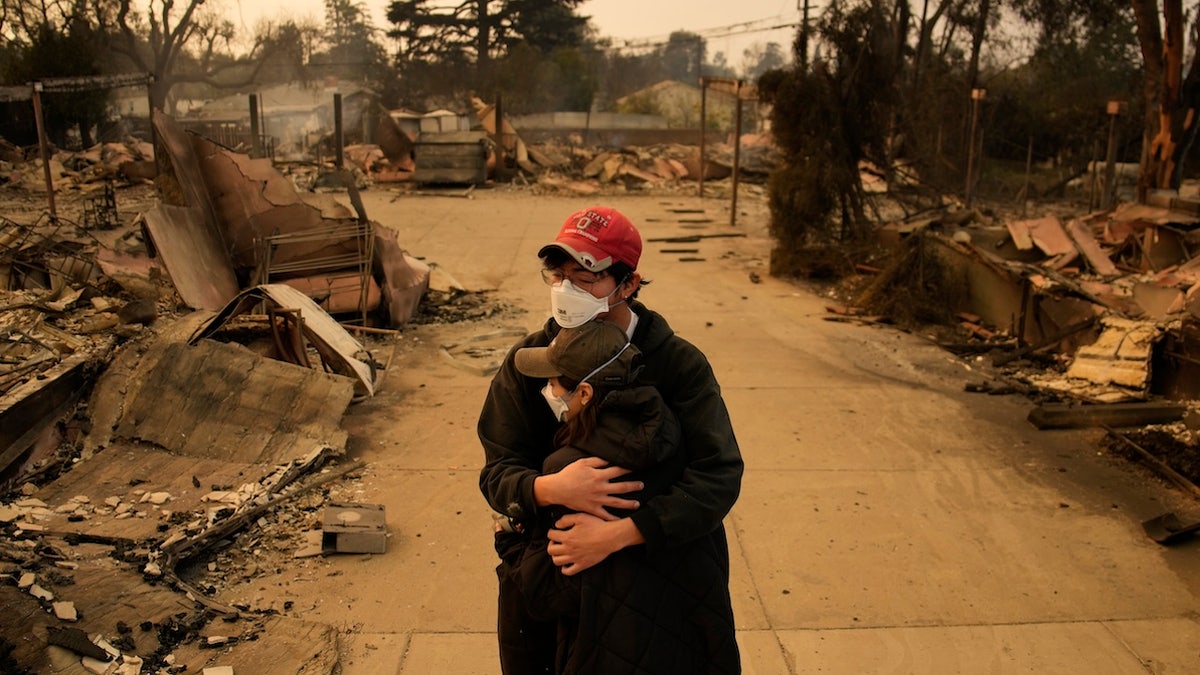

Comments(0)
Top Comments